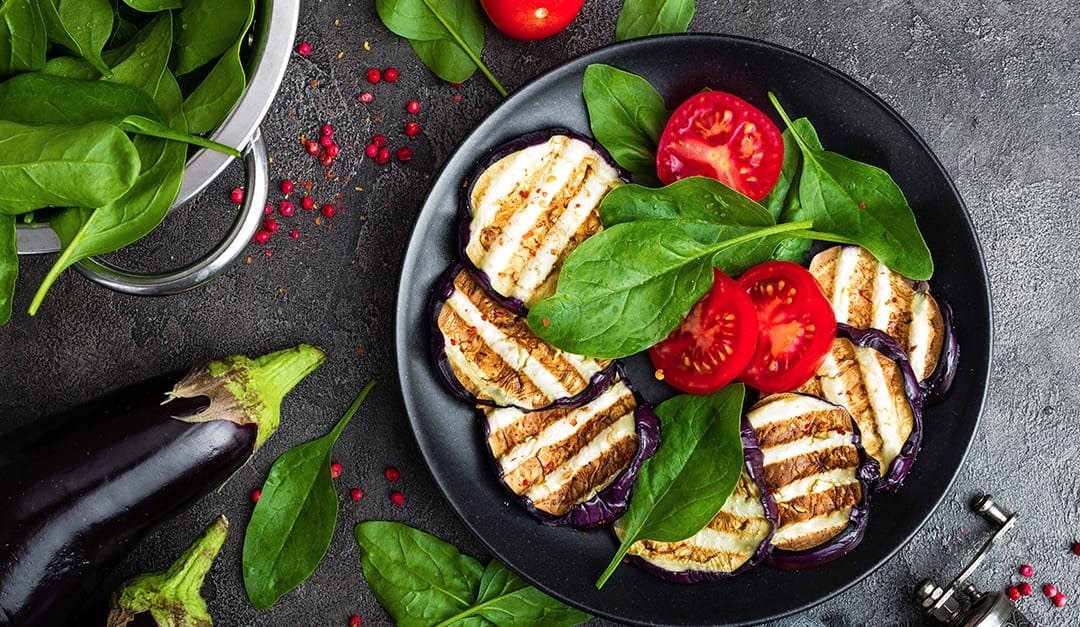Nightshade. The mere name conjures up something nefarious, perhaps a nickname for an evildoer of some sort. But nightshade isn’t the latest villain in the Marvel cinematic universe. Nightshades are something far more innocuous — at least some of them. So, how do you know if nightshades are your friend or foe?
The Solanaceae family of plants, more commonly known as nightshades, are a wide-ranging group of annual and perennial flowering plants (from herbs to trees) that include a number of important edibles, such as tomatoes, potatoes, eggplants, and peppers — and even coffee and tobacco.
A few plants in the nightshade family have rightly earned the bad rep, though, such as poisonous belladonna, which has berries and leaves that can be deadly if ingested.
So, Are All Nightshade Plants Poisonous?
Simply put, all nightshades have alkaloid content, but not all nightshades are poisonous. “Alkaloids are plant metabolites,” says Dr. Alan Glen Christianson, a naturopathic endocrinologist and the author of The New York Times bestseller Adrenal Reset Diet.“ Christianson goes on to explain that alkaloids are, essentially, “very active chemicals.”
Alkaloids are a class of naturally occurring, plant-based chemical compounds, that, according to Google Dictionary, have pronounced physiological actions on humans, especially when ingested in large amounts. Why do plants have alkaloids, in the first place? Curiously, it may be to ward off insects and other predators.
It is for these reasons that some nutritionists and health care providers suggest eliminating nightshades from one’s diet completely. These individuals contend that the alkaloid content of these vegetables may play a role in the occurrence of inflammatory bowel disease and even some autoimmune conditions. This is because nightshades sometimes cause negative reactions in people with autoimmune disorders and intestinal-related issues, similar to the effects experienced by those with wheat- or gluten-related dietary limitations.
Sadly, several fallacies regarding nightshades seem to persist nonetheless, such as that nightshades contribute to osteoporosis, nightshades all contain toxic alkaloids, nightshades worsen arthritis pain, and nightshades cause migraines.
Why Should I Eat Nightshades?
So should you give up eating nightshades? The jury is still out. Many of these commonly consumed vegetables are high in nutrients, minerals, antioxidants and fiber — but low in calories and sugar — making them a foundational component of most healthy diets. But, they are an inflammatory food for many people. The key is to know if you are one of them.
Check out the following nightshades — along with their health benefits — listed in a chart from healthline.com:
| Nightshade | Health/Nutritional Benefits |
| Tomatoes | Tomatoes are good sources of vitamins A and C. They also contain an antioxidant called lycopene. These nutrients may reduce markers of inflammation and lower the risk of several chronic diseases. |
| Peppers | Peppers contain incredible amounts of vitamin C, which can provide many health benefits, including helping enhance iron absorption. |
| Chili Peppers | Chili peppers contain capsaicin, which gives the peppers their heat. Capsaicin has been found to help alleviate heartburn symptoms and may benefit weight loss efforts by helping reduce calorie intake. |
| Eggplants | Eggplants are a good source of dietary fiber, providing 2.5 grams of fiber per cup. This important nutrient helps regulate bowel movements and may lower your risk of heart disease. |
| Potatoes | Potatoes with the skins on contain fair amounts of potassium, vitamin B6 and manganese. |
Essentially, the only reason to give up eating nightshades is if you have an allergy or intolerance related to a specific vegetable in the nightshade family — and even then, you only need to stop eating that particular one.
For many of our Miami clients, understanding which foods are best for them takes some trial and error unless they have an exact diagnosis or have conducted a food sensitivity test. The Pickled Beet™ works with individuals, couples, and families to create meals that are flavorful, healthy, and best fuel the body no matter what nutritional limitations might be part of the equation. Contact us for a free consultation.


